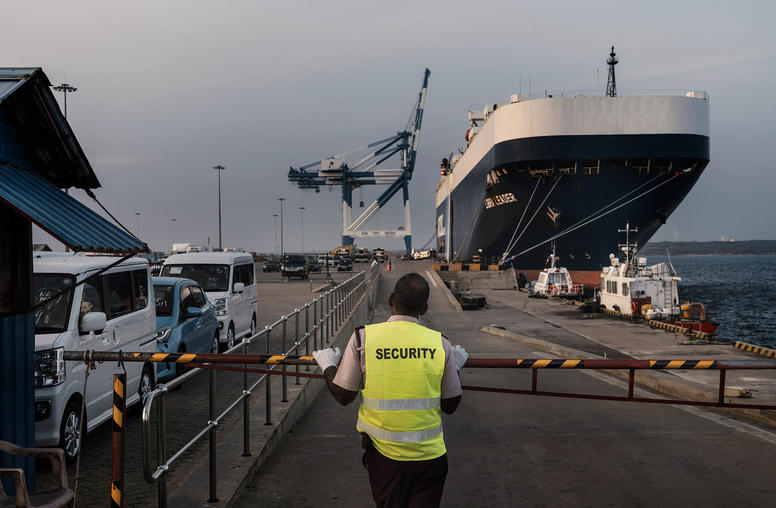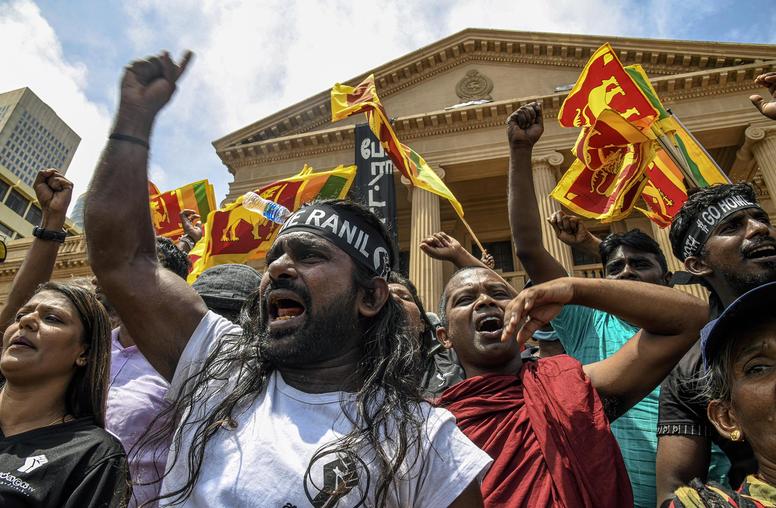Sri Lanka’s Parliamentary Elections
A Test of Democratic Institutions
Sri Lanka held parliamentary elections on August 5 amid a constitutional crisis and the COVID-19 pandemic. Coronavirus concerns forced political rallies to be curbed, and domestic monitoring was limited while international observers were unable to monitor the elections entirely. In the lead up to the elections, there were reports of voter harassment—especially of women and minorities. There were also reports of voting irregularities on election day, as well as voter intimidation and electoral violence.
With the Rajapaksas’ landslide victory—a supermajority that allows them to push forward promised constitutional changes—what will be the political, economic, social, and geopolitical consequences of the elections? Will they help strengthen or weaken democracy in Sri Lanka? What constitutional changes could they lead to? Will they mitigate or exacerbate tensions between the majority Sinhalese population and the minority Tamil and Muslim communities?
On August 18, USIP hosted a discussion with experts that unpacks the conduct and results of the elections, as well as examines the nature and shape of the new parliament and how it bodes for the future of democracy, rule of law, and intercommunal harmony in Sri Lanka.
Continue the conversation on Twitter with #SriLankaElectionsUSIP.
Speakers
Bhavani Fonseka
Senior Researcher & Lawyer, Centre for Policy Alternatives, Sri Lanka
Manjula Gajanayake
National Coordinator, Centre for Monitoring Election Violence, Sri Lanka
Kumaravadivel Guruparan
Senior Lecturer, Department of Law, University of Jaffna, Sri Lanka
Alan Keenan
Senior Consultant, Sri Lanka, International Crisis Group
Tamanna Salikuddin, moderator
Director, South Asia Program, U.S. Institute of Peace



